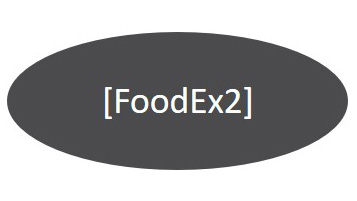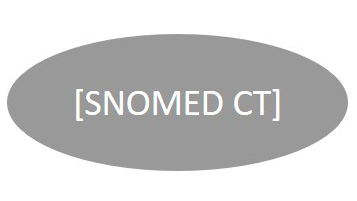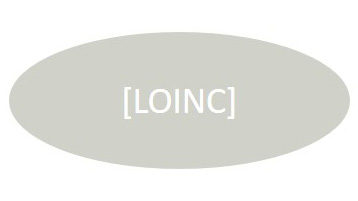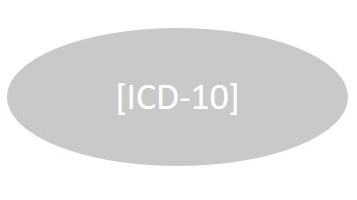Terminology Service - Access to Terminologies for FAIR Research Data
The NFDI4Health Terminology Service makes health terminologies accessible, improving data interoperability. The preliminary health terminology set of the BMBF-funded project IDSN has been extended with NFDI4Health-relevant resources.
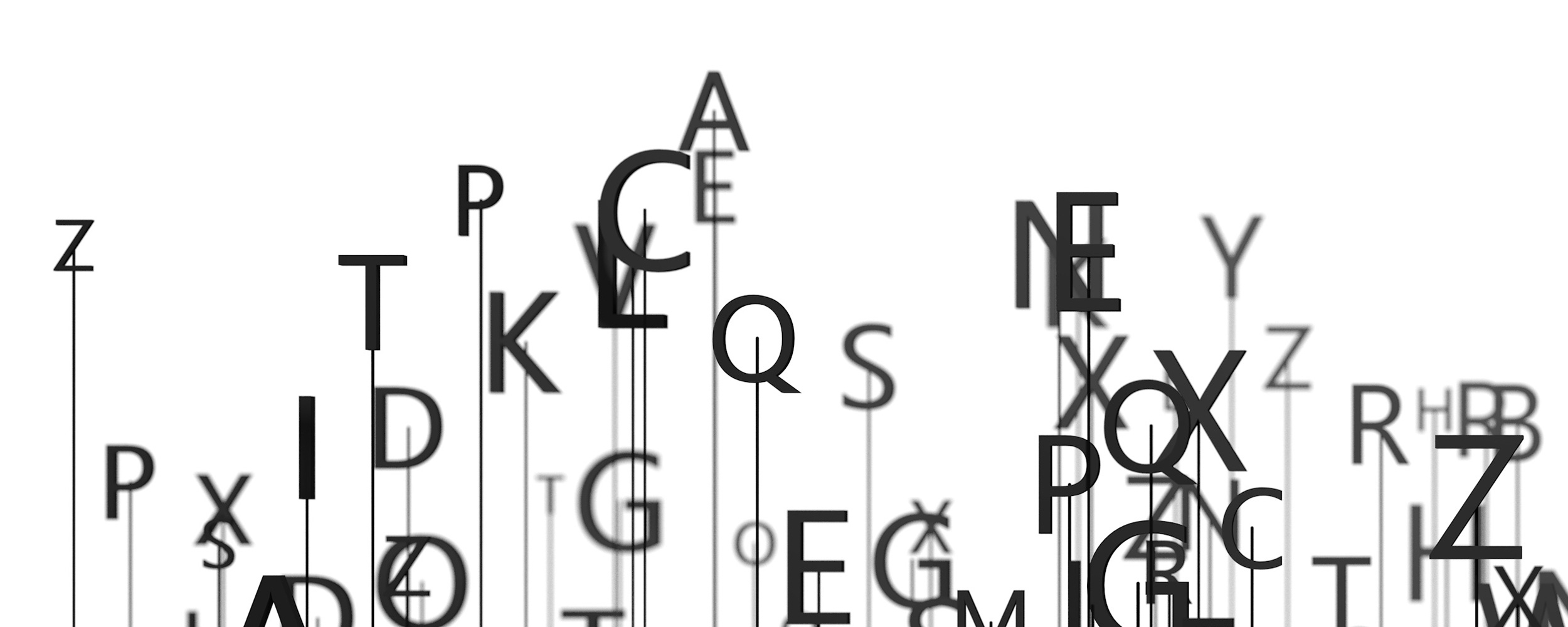
The NFDI4Health Terminology Service is part of the Semantic Lookup Platform (SemLookP), which offers several services:
- The Terminology Service Web Application provides direct access to standardised vocabularies, terminologies, and ontologies via search and visualisation of semantic information.
- The SemLookP API allows programmatic access to search functions and terminology data.
- Small software applications, called SemLookP widgets, allow the integration of extracted user interface functionalities into other web services, streamlining the development of user interfaces and the integration and linking of semantic information.
Our terminology service can be demonstrated through two use cases:
- The NFDI4Health German Central Health Study Hub uses the SemLookP Autocomplete Widget in a form to simplify and standardise the filling in of key terms to describe a study.
- The ZB MED preprint viewer preVIEW uses the SemLookP Metadata Widget to display semantic information for annotated concepts in preprints.
The terminology service is being further developed in collaboration with the project Terminology Services 4 NFDI (TS4NFDI). TS4NFDI is a basic service of the consortium Base4NFDI.
Selection of terminologies included in the service:
Why use terminologies?
A terminology consists of all the technical words or terms in a subject area. The meaning of the terms is determined by definitions, synonyms, and additional information. Terminologies can be organised hierarchically (e.g., as a thesaurus) or represent domain knowledge as an ontology with formal semantic concepts and relations. Terminologies are the foundation of FAIR metadata for efficient, unambiguous knowledge representation. They enable an interoperable, accessible, and reusable representation for research data that can be interpreted by both humans and machines.
 English
English  Deutsch
Deutsch 
